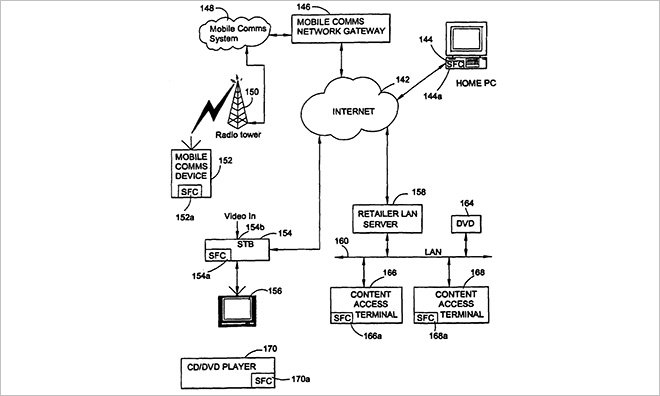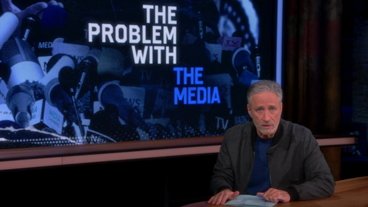A U.S. federal jury in Texas ordered Apple to pay $532.9 million in damages on Tuesday after it found the company's iTunes digital media purchasing and distribution system in infringement of three patents held by licensing firm Smartflash.
The original complaint filed in 2013 claims Apple's iTunes Store, iOS and Mac App Stores and iAd, as well as other branded digital transaction services, infringe on three Smartflash patents relating to "data storage and managing access through payment systems."
According to in-court reports from Bloomberg, the jury in Tyler, Tex. was not pursuaded by Apple's arguments that the patents-in-suit are not used by iTunes or other first-party products. Apple also failed to invalidate Smartflash's inventions, the publication said.
Smartflash was founded by inventor Patrick Racz in the early 2000s as a way to market and commoditize his patents, some of which date back to 1999. As a non-practicing entity, the firm operates solely through patent licensing and litigation. Using its clutch of seven patents, all attributed to co-inventor Racz, the firm sued game makers Game Circus and KingsIsle Entertainment in 2014. Both companies settled out of court.
Court documents allege that around the time of Smartflash's founding, Racz met with executives from what is now Gemalto SA to market technology relating to the patents-in-suit. Among those who gained knowledge of the patented tech was Augustin Farrugia, who left Gemalto in 2002 and subsequently took a position as Apple's senior director of Internet service security and DRM technologies.
Smartflash sought $852 million in damages from Apple, a portion of which was calculated as a percentage of iPhone, iPad and Mac device sales. Apple lawyer Eric Albritton argued against awarding hardware royalties for a single device feature.
"It doesn't make a lick of sense that one person would buy an iPhone and not make calls," Albritton said in court. "People do not buy cell phones for the sole purpose of using apps."
Apple argued that the patents were worth $4.5 million at most, saying the royalty demands were "excessive and unsupportable."
With the Apple case completed, Smartflash will use the same patents in a separate case against Samsung. Google and Amazon have also been slapped with similar lawsuits over the same technology, but those cases have not yet concluded.
 Mikey Campbell
Mikey Campbell







-m.jpg)






 Charles Martin
Charles Martin
 Christine McKee
Christine McKee
 Wesley Hilliard
Wesley Hilliard
 Malcolm Owen
Malcolm Owen
 Andrew Orr
Andrew Orr
 William Gallagher
William Gallagher
 Sponsored Content
Sponsored Content








56 Comments
There is no way on earth Apple is EVER paying this EVER. They will go to the supreme court, or whatever court, if they have to. The US patent system is completely broken, kaput and having juries decide these kind of things is just plain crazy.
The fact that they calculated awards based upon hardware sales will be the thing that gets a reversal for Apple.
How do cases like this make it this far? Couldn't Apple's lawyers simply have asked the court if this patent perhaps could be applied to ANY ONLINE SERVICE EVER to demonstrate how totally absurd it is?
I'm in the wrong business. Who needs a job when you can cash out from rich Uncle Apple by exploiting the legal system?
[quote name="franktinsley" url="/t/184933/jury-orders-apple-to-pay-533m-for-infringing-gaming-patents#post_2680852"]How do cases like this make it this far? Couldn't Apple's lawyers simply have asked the court if this patent perhaps could be applied to ANY ONLINE SERVICE EVER to demonstrate how totally absurd it is?[/quote] Tyler, Texas.